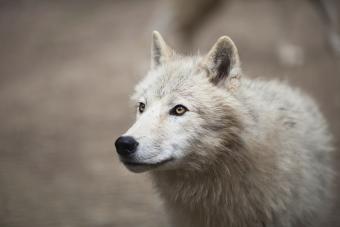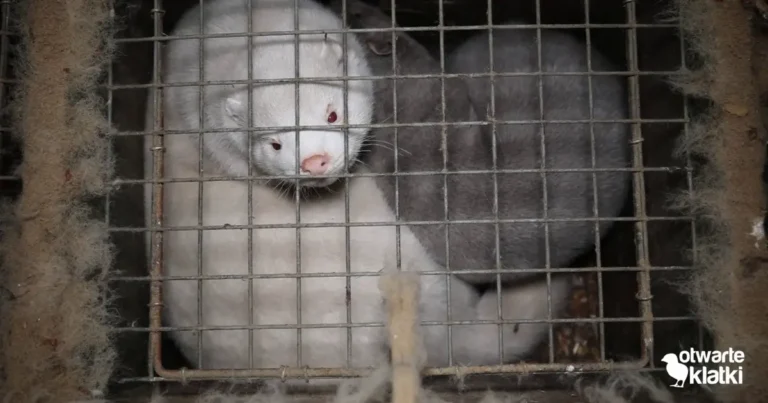
Since it was announced, Clark’s government has insisted the cull was necessary to protect endangered mountain caribou herds; however, the most recent studies have revealed that the true cause of population loss for these caribou is resource exploitation and the subsequent destruction or fragmentation of the landscape by the involved industries.
In a blog outlining the problem Pacific Wild noted that all efforts to date have failed – at a significant cost to ecosystems and tax payers.
“The letter states that BC’s 2007 Mountain Caribou Recovery Plan is failing dismally,” says the blog. “Instead of halting the decline of endangered caribou, after seven years of recovery efforts, the Interior Wet belt had lost 500 mountain caribou by 2014. Habitat protection under the recovery plan was weak, but that is not being corrected. Instead predator control, maternity penning and translocations are receiving the mass of the focus and funds.
“In 2015, seven caribou died in pens in BC,” it continues. “Yet the Revelstoke Rearing in the Wild (RCRW) for the North Columbia herd cost $367,582 for one year. The Klinse-Za maternity penning project near Chetwynd cost nearly $1,000,000 in 2014 and 2015 and in 2015, wolf killing reportedly cost BC taxpayers $500,000.”
The plans thus far produced by the province have clearly been designed to allow ongoing habitat destruction by industries without long-term consideration for the environment, ecosystems, and the survival of wildlife. It is time for that to change.
“A multi-year recovery effort ought to result in a legacy for future generations: if not saving all caribou herds, then at least creating lasting new permanently protected areas that will benefit other species at risk,” the letter concludes. “Our urgent message to your government and to British Columbians is that we need to act now to expand and strengthen these protected zones to address the biodiversity crisis before it is too late for the caribou and all the other species at risk.”
The needs of biodiversity protection, the lack of science behind the wolf cull, and how we can move forward to protect ecosystems will all be discussed at the 2015 Living With Wildlife conference in Vancouver on October 16.
Please, contact your MLA in BC or the Premier if you live outside of BC and express your desire to see the wolf cull ended.
Work like our growing Living With Wildlife campaign is only possible with the support of monthly donors. Please consider become a monthly donor – for as little as $5 a month – and help us create a Canada that is truly humane.

